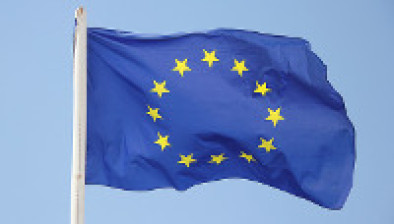CJEU: Poland could face EU infringement action over attempts to discipline lawyer for Donald Tusk

Poland could face EU infringement proceedings over its repeated attempts to bring disciplinary proceedings against the lawyer of Donald Tusk, a prominent opponent of the Polish government, an Advocate General of the Court of Justice of the European Union (CJEU) has suggested.
Advocate General Michal Bobek yesterday handed down his Opinion following a referral from the Polish courts in a long-running saga over disciplinary proceedings brought in 2017 against a lawyer for Mr Tusk, the former president of the European Council and a critic of Poland’s ruling Law and Justice (PiS) party.
Prosecutors made a complaint about the lawyer to the disciplinary agent for the Bar Association in Warsaw, who threw out the complaint. The government successfully appealed that decision through the courts, leading to a fresh referral to the disciplinary agent – which had a similar outcome. The government is now appealing again.
Advocate General Bobek said the courts had effectively departed from case law in order to give the government the right to appeal against decisions of the disciplinary agent to discontinue disciplinary proceedings.
He said this “seemingly mundane procedural change” took on “an entirely new dimension” in the context of the wider Polish context of attacks on judicial independence.
“By systematically or repeatedly appealing the decisions not to launch disciplinary proceedings, the Minister for Justice/General Prosecutor (or a national prosecutor acting under his instructions) might effectively be able to push for disciplinary proceedings being instigated, or for them to be (possibly endlessly) continued against certain members of the Bar,” he said.
“Such appeals would ultimately be brought before a body that was previously found to be lacking independence precisely because the executive, and in particular the Minister for Justice, was exercising undue influence on its composition.”
Advocate General Bobek said the EU Services Directive applies to disciplinary proceedings initiated against lawyers and courts must, if necessary, disregard national legislation as well as the rulings of a higher court if they are incompatible with EU law, particularly with regard to the principle of judicial independence.
However, he added that the preliminary ruling procedure “might not be ideal for dealing with what essentially are pathological situations in a member state, within which normal rules of legal engagement and fair play appear to be breaking down”.
He said the procedure “has inherent limits in terms of its potential for settling institutional stand-offs in such a specific context, wherein one or more actors refuse to follow the guidance issued by the court”.
“In such cases, a third-party intervention and external enforcement of the judgments of the court, such as the one provided for in Articles 258 to 260 TFEU, remain a more appropriate, if not the only, remedy,” he warned.







